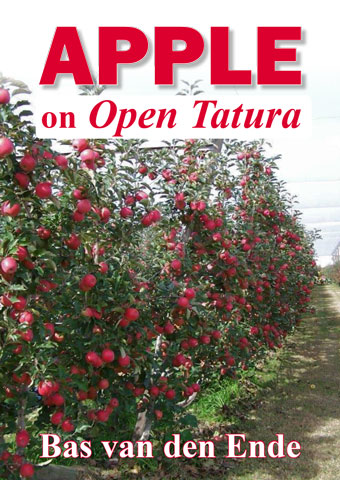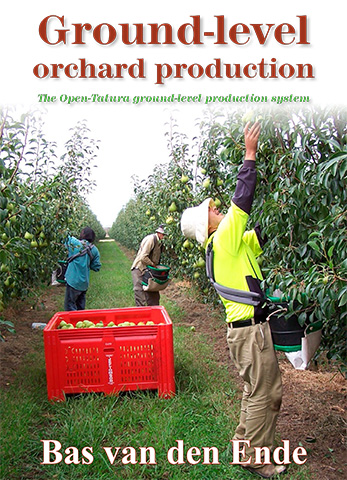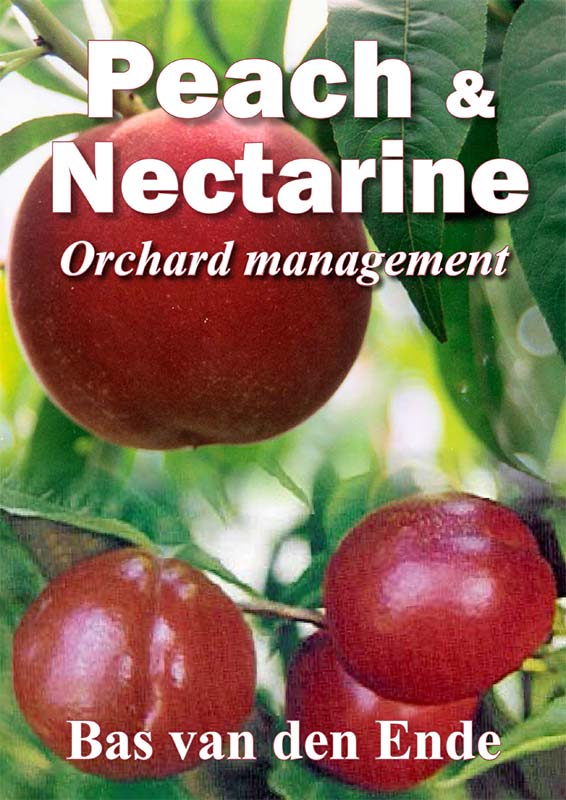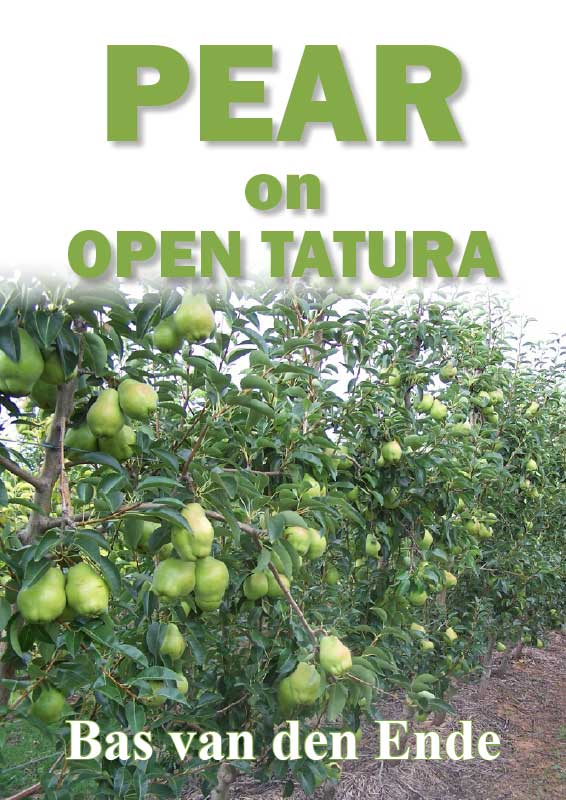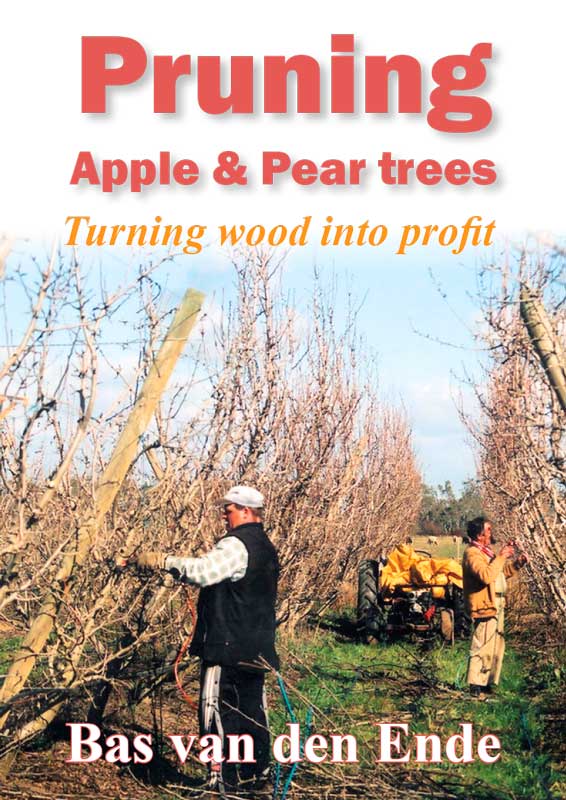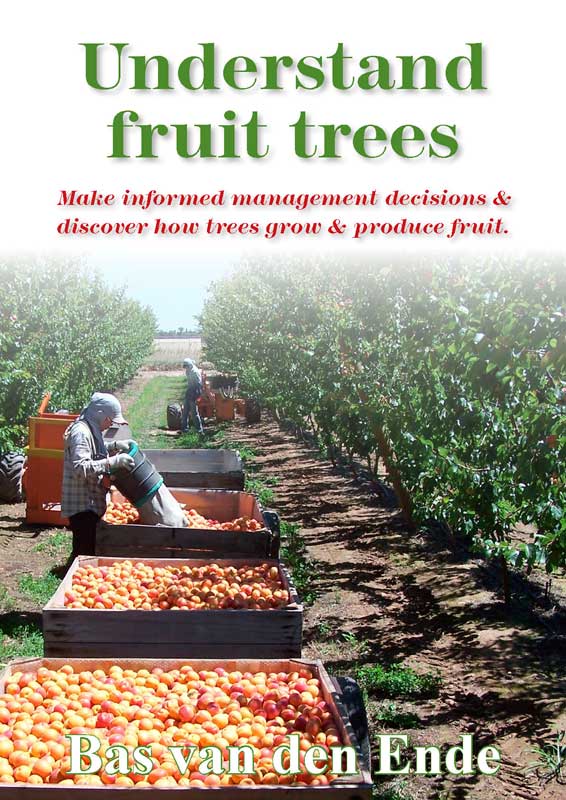AICD and the Boards of larger companies treat the position of director very seriously.
Despite this, the majority of directors work for small to medium enterprises—such as orchards—and are generally unaware of the roles and responsibilities that come with directorship.
Their public accountant forms the initial company, and from time to time growers have to sign forms as ‘Director’. It is unlikely that any further thought is given to what that means.
Advantage of a limited liability company
One advantage of a limited liability company is that, in the event of a major catastrophe, the business owner(s) only have to provide funds to the extent of the fully paid-up value of their shares.
However, recently there have been commercial and legal changes which make directors more personally liable for the consequences of their decisions. For example, it has become common for directors to have to sign personal guarantees to obtain additional funding or certain supplies.
Adding directors
Although the roles and responsibilities of a director on the board of BHP will differ practically (though not theoretically) from those of a small-company director, the position for small companies becomes more complicated as the number of directors increases.
The most common form of growth is the introduction of children to the business as new directors.
In adverse situations it is no defence for a father and mother, as directors, to say they didn’t know what their son, as director, was getting them into.
Another situation which is likely to become more common as fruitgrowing businesses consolidate and form alliances is when a consolidated business is owned and directed by more than one family.
The reality is that the roles of owner and director are very blurred in a small company, with one person perhaps filling both roles. Nevertheless, this article considers some of the responsibilities that the director of a small to medium business could consider during the course of work, and how these might assist good business governance.
Corporate Governance
The whole process of directing a company effectively is called corporate governance.
It is the role of a director to ensure that a reasonable level of governance is applied to the business to ensure that the company suffers no adverse effects.
Well-run businesses have good corporate governance processes, poor businesses do not.
One way of applying good governance is to use a range of simple tools to ensure that the business is solvent and that its legal requirements are met. But first, some important duties and responsibilities.
The ‘fiduciary’ relationship
At the basic level, a director has a fiduciary relationship with the company. That is, the director must act honestly, in good faith, to the best of his or her ability in the company’s best interests.
In law, it is the company that comes first, not the director or the director’s family.
Regulation of directors’ duties and responsibilities is governed by statute law, common law, and federal and state legislation.
The impact of these is that a director can be personally liable for the adverse consequences of decisions.
Many of these duties and responsibilities do impact more on directors of large businesses, but the following entities can take legal action against directors:
- The Australian Securities and Investment Commission (ASIC)
- The Australian Taxation Office
- The Australian Competition and Consumer Commission
- WorkCover
- The Environmental Protection Agency.
Depending on the circumstances of an event, and the conduct or intent of a director, penalties may range from fines, to the inability to act as a director for a period of time, to imprisonment.
Being a company director, therefore, is not without potential consequences.
Duty to act with care and diligence
Both common law and the Corporations Act require a director to act with ‘care and diligence’. As a minimum, each director must:
- Be informed about the fundamentals of the business and about the company’s activities
- Monitor the company’s affairs
- Be familiar with the financial status of the company, including the review of the financial statements
- Be reasonably informed about the company’s financial capacity.
In my view this basic duty is a problem for many small-business directors.
The reality, as I experience it, is that many small to medium company directors do not have reasonable knowledge of the company’s financial capacity, and have a limited understanding of the financial statements.
While this situation is concerning in itself it can be further compounded by an unwillingness to engage the services of people who do understand financial management.
Unfortunately my experience has also been that when growers do wish to learn more about business financial management, they are poorly served by the institutions and providers who do the training.
We don’t need fruit growers to be accountants. We need them to have a solid grasp of the simple ABC 123 factors that contribute to financial understanding.
The director’s duty to be familiar and informed about the company finances is mandatory as far as the law is concerned. Practice is different.
Duty to prevent insolvent trading
The Corporations Act requires that directors should not allow the company to trade whilst insolvent, and not to incur a debt that would lead the company to insolvency.
A company is solvent when it is able to pay all its debts as and when they become due and payable. A corporation which is not solvent, is insolvent.
A director who fails to prevent insolvency may be personally sued if the company continues to trade. In extreme cases, the maximum penalty is a fine and imprisonment for up to five years.
Insolvency not clear-cut
However, the issue of insolvency is not clear-cut. For example, it may not be possible to pay a major creditor on time, but that creditor might elect to wait for payment at some time in the future—common examples include fertiliser or chemical suppliers. In the meantime, all other suppliers are being paid more or less on time.
The real issue is that a director must understand the company’s financial position at all times.
A key aspect of this is that of directors/owners who battle on in difficult times when they should really be considering how to exit the business with some equity.
I take nothing away from growers who battle long and hard to keep their business going, but this can occur when the business is technically insolvent and a more objective approach to the future would be the better option.
When ongoing financial difficulties occur (such as things being ‘tight’ over an extended period) directors should seek an informed opinion about the business situation; through their accountant or a suitable adviser.
Review the Annual Financial Statements
Each year your public accountant will produce a Profit & Loss Account, a Balance Sheet and, possibly, a Cash Flow Statement.
For the sake of a few extra dollars, take the time to have a discussion with the accountant about the meaning behind the figures. In addition, talk about the three to five year trends.
Try to understand the financial strengths and weaknesses of your business. If your accountant is given some warning about such a meeting, the whole process might take about one hour a year.
Have an Annual Plan
Don’t go blindly into a new calendar or financial year without a cash flow budget. This plan will help to identify the underlying cash profit, how it is spent, and what the maximum overdraft requirement may be.
The budget is a fixed plan; the figures don’t change once you agree the final version. Once produced, in Excel say, it can be input into the MYOB or Quickbooks accounting system to provide a monthly monitoring report about business progress against budget.
Preferably you should develop the skills to prepare your own budget, but if this does not suit you, pay someone else to prepare one for you.
However, this brings up a key issue. I have prepared many budgets in my time for business—the problem is that they invariably become ‘Peter’s budget’. The grower has no ownership of the figures.
This results in a much lower level of understanding about what is going on. Although it is good that a budget has been prepared, and the bank is happy, the way ahead is full of concern because the grower rarely gives the budget a second thought.
Expenses are incurred that were never planned; expensive new equipment suddenly appears for which no analysis has been performed.
Be aware of new conditions
Whilst the budget is a fixed plan, cash flow forecasts provide the financial picture updated by new events.
The forecast takes into account changes in pre-harvest expenditure, actual harvest production and actual or estimated fruit prices post-harvest.
A revised forecast should be produced at least each quarter to continually test the way ahead as real life unfolds.
Develop clear processes
Your business should be built on clear and managed processes.
If you employ office staff, there should be office procedures that provide an appropriate level of internal control over information and financial management.
I am personally aware of two instances where employees embezzled in excess of half a million dollars from medium-sized companies—and they were only discovered by accident, not through the application of good internal control!
An office manual is simple to produce and can be a valuable guide whenever new employees come into the office.
One very successful business owner I worked for spent a month on office procedures when he first bought a large business. His view was that once he was confident that his office staff managed money and information correctly, he could confidently leave the office to spend time with external staff and customers.
Even so, the office manual should be reviewed annually for potential process and internal control weaknesses.
In my opinion, some growers treat their quality assurance systems as a once a year, get the tick, exercise. However, given a chance and some commitment, SQF, Freshcare, GlobalGAP and the rest provide clear and measurable processes for the critical tasks in a fruitgrowing business.
Just as you won’t get a speeding ticket if you always drive within the posted speed limit, your business shouldn’t get into trouble by ensuring your staff follow the quality assurance processes. And you don’t have to think of anything new—the QA system audit templates lay the processes out quite clearly, and can be applied twelve months a year. Doing it this way, the annual audit will be a cinch.
Train your staff
Again, staff training is something that tends to get glossed over in small to medium business.
Put simply, if you are paying someone $40,000 a year, plus a range of on-costs, why wouldn’t you want that person to be as productive and self-motivated as possible?
Yet the Training Registers in many QA systems are wastelands of blank paper, or record some training given to seasonal workers only.
Be assured that the incorrect use of a chemical, say, or an unsafe practice carried out by an employee will not be slated home to that employee if something goes wrong. You are the company director—you will be the one in court.
Done genuinely, and with ongoing commitment, training provides an opportunity to work closely with staff, to help them understand your vision for your business, and for you to understand what their hopes are. People work well when you work with them.
The matter of ongoing commitment is important. How many instances have there been where a WorkSafe incident happens on the property, everyone runs around to organise and talk about Occupational Health and Safety around the problem—then everything goes back to its normal unsafe position because the owner’s interest goes in another direction in two weeks’ time?
And two weeks is about where it sits.
Looking ahead
No, your business is not BHP or Rio Tinto, and no, your responsibilities as a company director are not as onerous as those on the boards of companies such as these.
However, you undoubtedly do have a particular role and responsibilities as a company director. Consider what the role entails in well-run companies.
Consider how you can apply some of this thinking in a simple, effective way in your business. It is not rocket science, even though business complicates issues because of ‘management-speak’. It’s a matter of doing the important things well, consistently, and with understanding.
Good governance does not guarantee business survival, but it does offer directors and non-directors the chance to concentrate on achieving their objectives because the business has a strong governance platform.
Note: Some comments have been sourced from the Australian Institute of Company Directors ‘Company Directors Course’.
Download this article and other great articles from the May-June 2012 issue of Tree Fruit.




